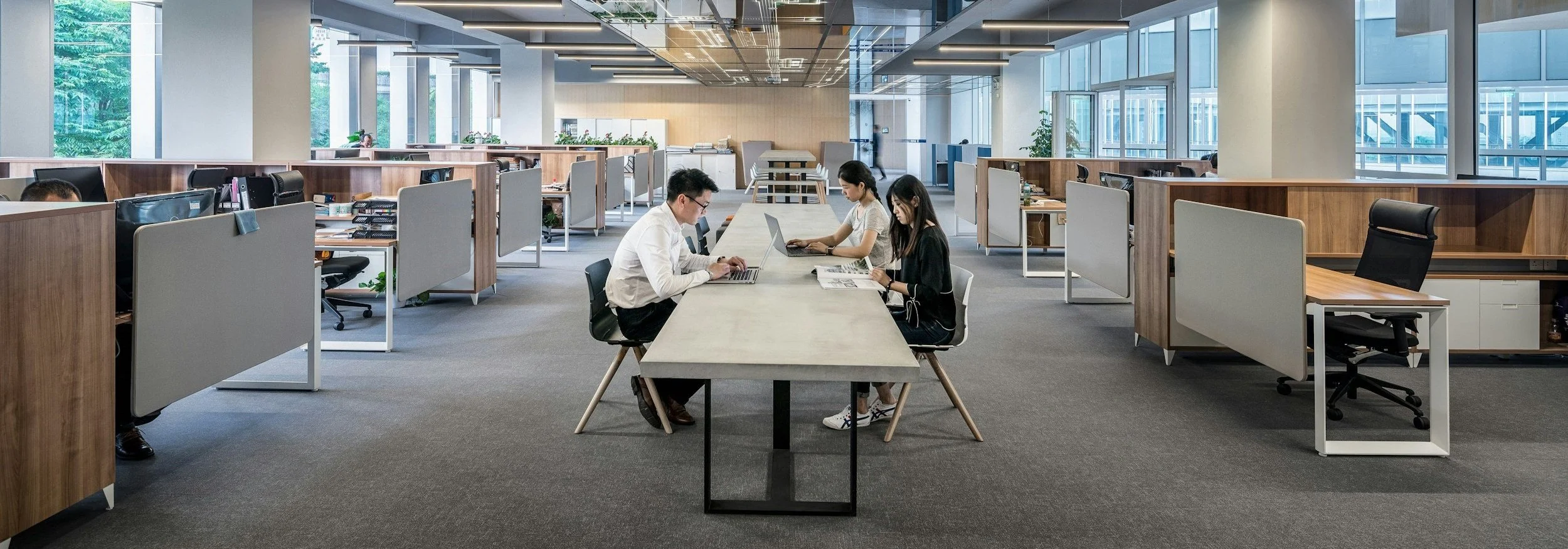Understanding Business Interruption Insurance in New Zealand.
Written by Kelsey Craver - Regional Development Underwriter - South Island
When a claim occurs, the physical damage to a property is only part of the story. For many New Zealand businesses, the greater financial risk lies in what happens after the loss. That’s where Business Interruption (BI) insurance comes in, providing a safeguard for ongoing financial losses that occur while a business is out of action.
What Is Business Interruption Insurance?
Business Interruption insurance provides financial protection when a business is temporarily unable to operate due to an insured event, such as fire, flood, earthquake, or other damage covered under a Material Damage policy.
While Material Damage insurance covers physical losses to buildings, stock, and equipment, BI insurance covers the resulting financial losses, such as:
Lost revenue or profit
Ongoing fixed costs (e.g. wages, rent, electricity)
Additional expenses to keep operating (e.g. temporary premises, outsourcing)
Costs to minimise the interruption
Potential loss of market share or contract penalties
In short, BI insurance helps a business stay financially viable during its recovery.
Why It Matters in the New Zealand Context?
New Zealand’s exposure to natural hazards; particularly earthquakes, floods, and storms, makes BI cover especially relevant. Many local businesses operate from single sites, regional hubs, or rely on narrow supply chains, meaning a single disruption can have significant consequences.
In addition, businesses in the food, beverage, manufacturing, tourism, and logistics sectors face added complexity due to:
Compliance requirements (e.g. MPI regulations)
Seasonal revenue fluctuations
Cold chain or perishability risks
Remote or regional operations
Specialist machinery or equipment
For these businesses, even short downtime can lead to lost clients, spoiled goods, or prolonged financial strain, highlighting the importance of BI insurance.
Key Features to Understand
Indemnity Period
This is the length of time your BI policy will respond to lost income. In NZ, standard indemnity periods are 12 or 18 months, but longer periods (24–36 months) are available for complex rebuilds or regulatory-driven industries. If your business can’t return to pre-loss trading levels within that period, losses beyond it are uninsured.Declared Values (Gross Profit or Revenue)
It’s essential to correctly calculate the financial exposure, usually based on gross profit, not just net earnings. Under-declaring can result in proportionate claims reductions.Additional Increased Cost of Working (AICOW)
Covers extra costs incurred to keep your business operating, such as renting equipment, outsourcing production, or relocating staff.Contingent Business Interruption
Protection if your suppliers or customers are impacted by an event, even if your own premises are not.Denial of Access / Civil Authority Extensions
Responds when you can’t access your premises due to a nearby event or government order.
The Barn Underwriting Agency’s Approach
At The Barn, we recognise that Business Interruption insurance is not just about ticking a box, it’s about building resilience into your risk management strategy.
We work closely with brokers and clients to ensure BI coverage is:
Tailored to the business’s actual operating model and recovery timelines
Aligned with the Material Damage cover to avoid coverage gaps
Supported by risk mitigation strategies, including fire protection, redundancy planning, and continuity procedures
Understood in clear, practical terms—not just policy language
GET IN TOUCH
What to know more about The Barn’s specialised products? Get in touch with our team to find out more.
p. 0800 114 982



